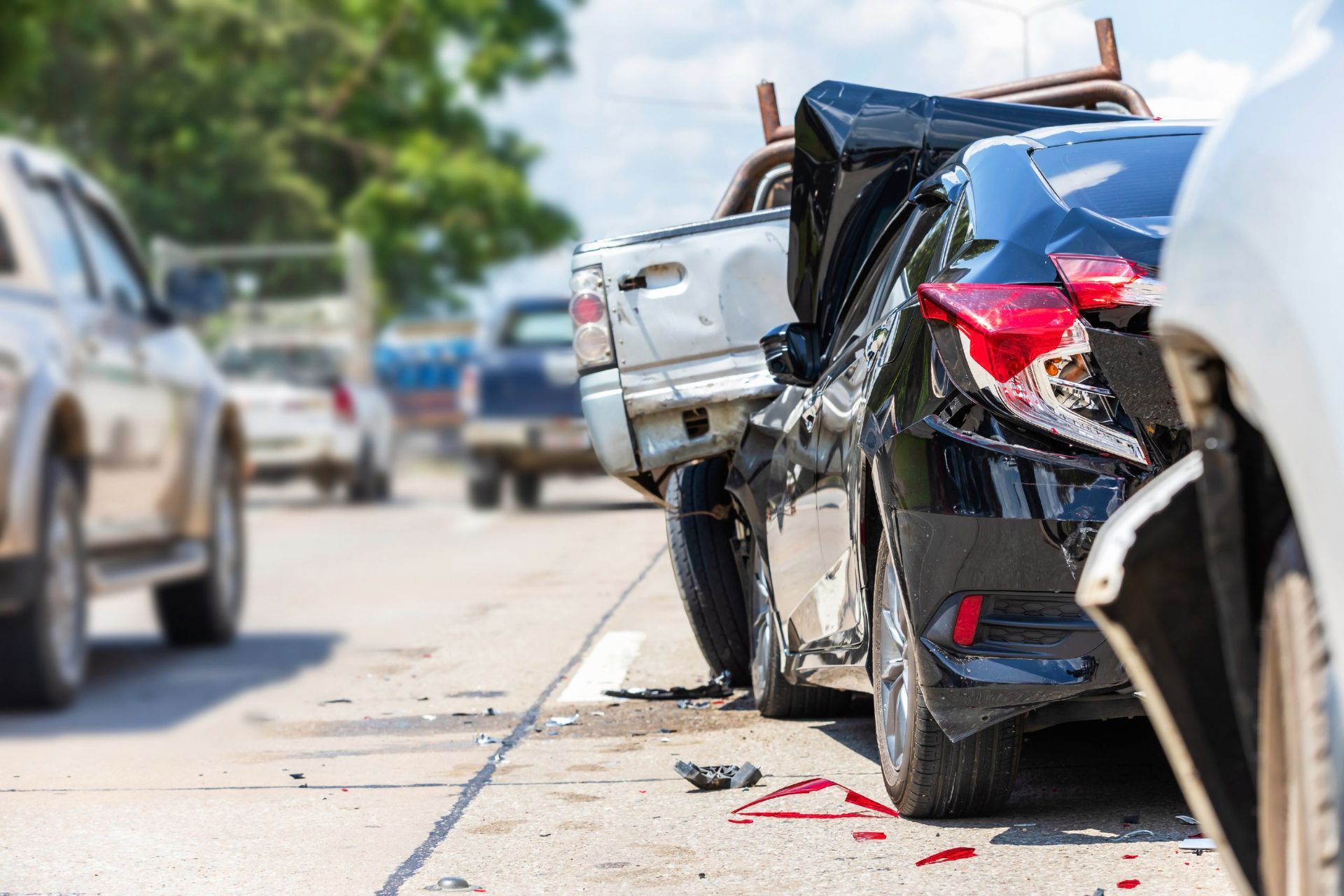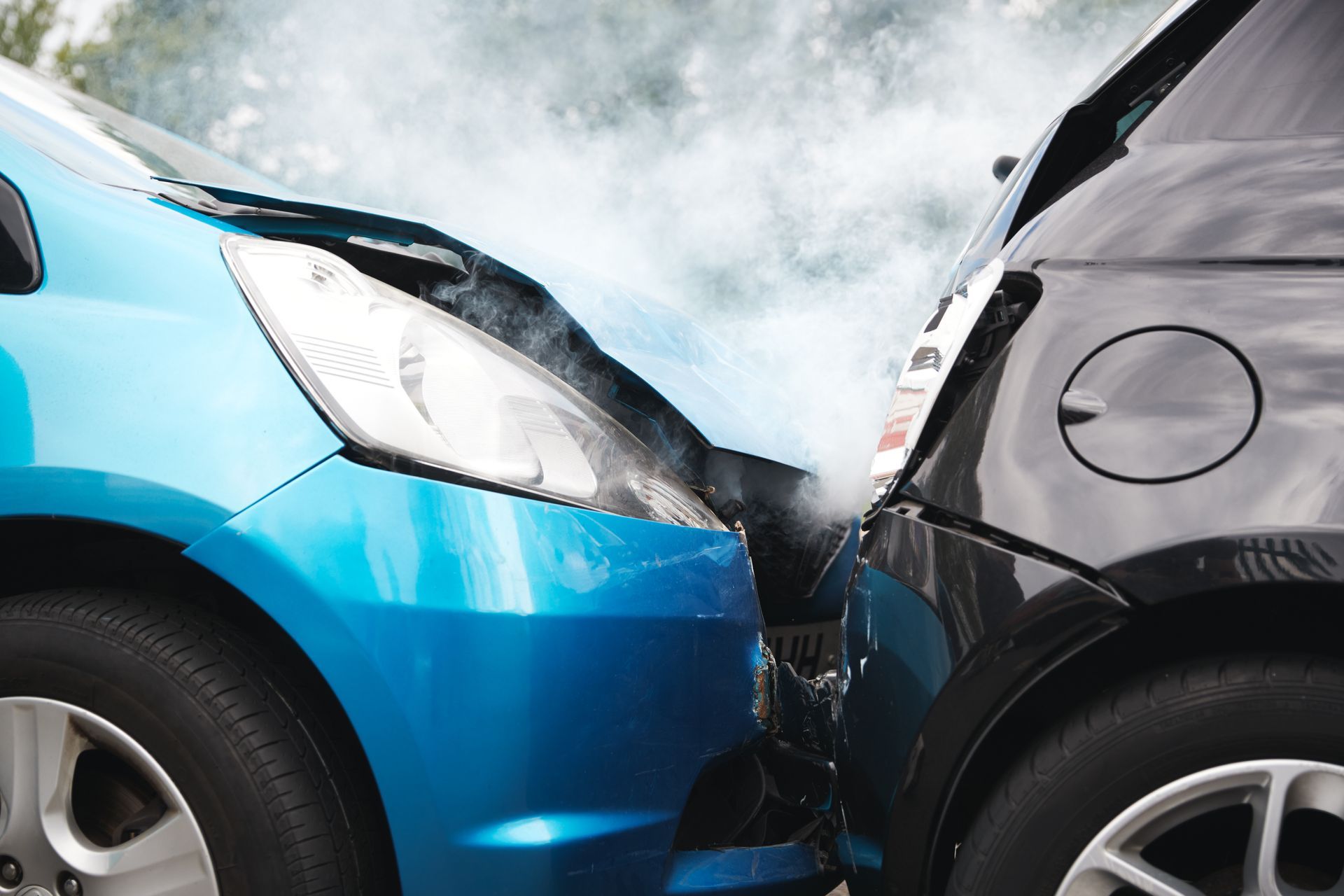Understanding Premises Liability Claims
Understanding Premises Liability Claims
Premises liability is a legal concept that comes into play when someone has an accident due to unsafe property conditions. Premises liability cases are personal injury cases, which are based on negligence and duty of care. As such, the victim must prove the property owner was negligent regarding property ownership or maintenance. In addition, the victim must prove the property owner owed them a duty of care.
Premises liability is a legal concept that comes into play when someone has an accident due to unsafe property conditions. Premises liability cases are personal injury cases, which are based on negligence and duty of care. As such, the victim must prove the property owner was negligent regarding property ownership or maintenance. In addition, the victim must prove the property owner owed them a duty of care.
If you need legal assistance in Dallas, or elsewhere in Texas for a premises liability case, don’t hesitate to contact our legal team today.
What Is Premises Liability?
Premises liability is the liability that the owner or occupier of a property bears for a third-party injury due to unsafe property conditions. Premises liability injuries and claims are common; however, the property owner does not bear unlimited liability. They are liable only for preventable accidents, and there are practical limits on the amount of compensation granted. While most businesses carry substantial insurance and most homes are covered by homeowner’s insurance, the details of this insurance can vary significantly between parties.
Common Types Of Premises Liability Cases
Premises liability covers a broad array of potential events that may result in personal injury. The most common cases include slip and fall accidents, dog bites by unrestrained dogs, and criminal activity due to inadequate security. These are far from the only premises liability claims, however, with the following list comprehensive without being exhaustive:
- Inadequate property maintenance
- Defective property conditions
- Inadequate or negligent security
- Slip and fall accidents
- Injuries from animal bites
- Snow and ice accidents
- Elevator and escalator accidents
- Swimming pool accidents
- Accidents due to water leaks or flooding
- Injuries from chemicals or toxic fumes
The Four Elements Of Premises Liability
In the United States, premises liability claims are analyzed based on four distinct elements. It’s not enough that an accident and injury occurred; it’s also necessary to prove negligence and meet duty of care conditions based on the visitor’s status. The following four elements are critical:
- The defendant was the property owner or occupier at the time of the injury.
- The defendant was negligent in the care and maintenance of the property.
- The victim suffered a tangible injury, which may have also caused intangible injuries.
- The defendant’s negligence caused the victim’s injury.
Determining Proof In A Premises Liability Case
Before you can receive compensation in a premises liability case, it’s important to determine proof based on the four elements listed above. The following three legal concepts are central to this proof in every premises liability case:
Owners vs. occupiers
The defendant in a premises liability case can be a property owner or occupier. For the sake of simplicity, the term “owner” is often used to describe financial owners and property tenants. A business owner who leases a property can still bear full or partial premises liability. While a landlord is not typically held responsible for injuries to a tenant’s guest, there are exceptions due to latent defects and negligent repairs, among other situations.
Negligence
To determine proof in a personal injury claim, you must prove the property owner was negligent. From a legal perspective, negligence is basically the definition of carelessness. To be held liable, the property owner must have been negligent with respect to ownership or property maintenance. If the injured party is deemed partly at fault, comparative fault clauses may come into play. If the defendant broke a safety law or regulation, the victim might be able to establish negligence without proving an individual violation.
Duty of care
To determine proof in a personal injury claim, the victim must prove the property owner owed them a duty of care. The circumstances surrounding this duty of care often dictate the likelihood and amount of the premises liability settlement. In some states, the property owner must exercise reasonable care for all persons who might enter the property. In other states, the landowner’s duties depend on the status of the visitor.
In these states, visitors are divided into the following three categories:
- Invitees have express or implied permission to enter the property, including friends, family, neighbors, and customers.
- Licensees have express or implied permission to enter the property for their own purposes, including city workers and salespeople.
- Trespassers are not authorized to be on the property. In this case, the property owner may not have duty of care obligations.
To win a premises liability claim, you must first prove that you suffered an injury. Depending on the details of the case, you can use medical records, expert testimony, or photographs, among other things. You must also prove causation, with the property owner or occupier needing to be negligent and obliged to have a duty of care. If these factors align, you can claim damages for medical expenses, lost earnings, and pain and suffering, among other losses.
If you’ve suffered an injury in Dallas, or elsewhere in Texas, please contact our legal team today for advice.



Free Case Evaluation
Homepage FCE Form
We will get back to you as soon as possible.
Please try again later.
By clicking Submit Message, you agree to be contacted by our law firm, either by phone, text or by email.
The information on this website is for general information purposes only. Nothing on this site should be taken as legal advice for any individual case or situation. This information is not intended to create, and receipt or viewing does not constitute an attorney-client relationship.
© 2022 All Rights Reserved | Law Offices Of Robert Gregg | Powered by Convert IT Marketing
|
Privacy Policy







